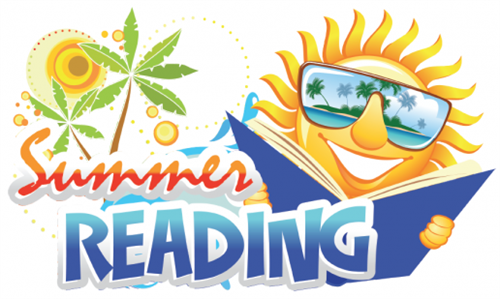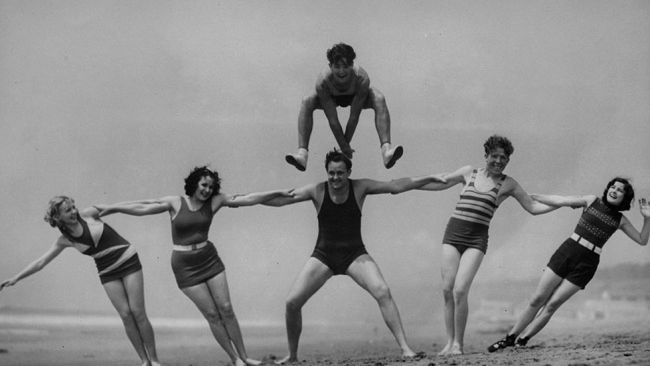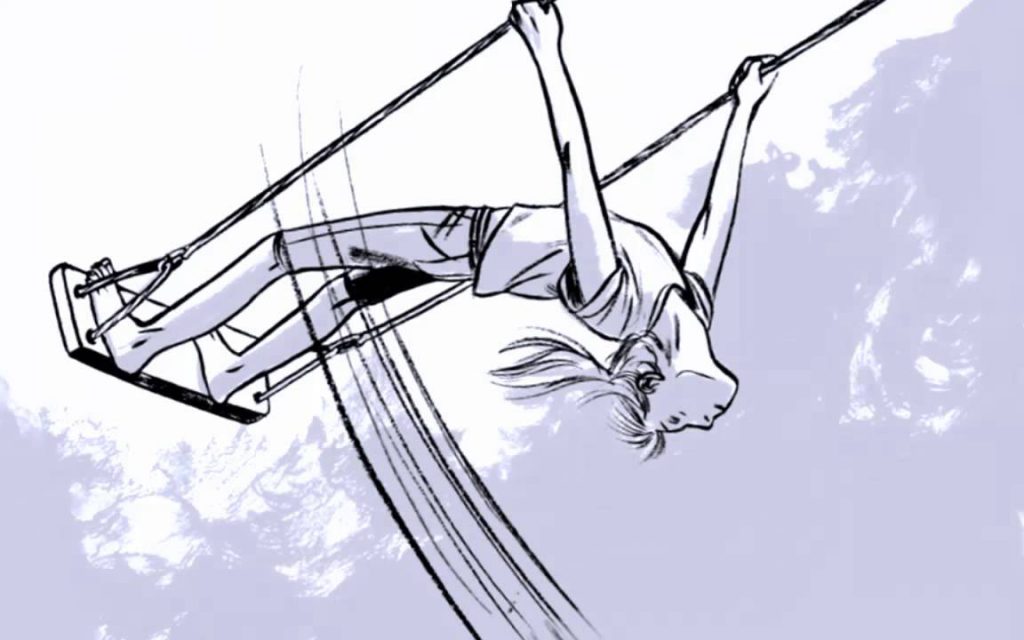Revamped and Revisited: The Summer Reading List You Wish You’d Been Assigned
(Image via flickr)
With the end of the school year comes the summer reading list: the list of books that students will be tested on in the fall. The specific books obviously vary from school to school, but during my stint as a high school teacher, the summer reading list always faced the same challenges. Our department would argue about the purpose of summer reading, and we would end up standing divided, each with certain books in our corner.
While some of my colleagues struggled to find selections that were both 1) not adapted into movies and 2) not on Sparknotes, that generally limited the choices, and seemed wrong to me. It usually resulted in summer reading becoming a pointless assignment, with no real connection to the coursework in the coming year. It also did little to foster a love of reading for the students. It was a punishment assignment: a reminder that they weren’t free from the grasp of school.
Because for many students, the cycle of summer reading was the same: cramming it all in before a test, downloading study guides, or writing a vague essay that could be about any book.
This should not be what summer reading is like. As far as I’m concerned, the best summer reading has always been about the stories, even if it means reading below grade level. One year, the incoming freshmen read Chains by Laurie Halse Anderson, a wonderful but Middle-Grade novel of historical fiction. Since their first book of the school year was Speak, also by Laurie Halse Anderson, Chains served as an excellent introduction to the course, and also elicited conversation about the struggles of teenage girls throughout different time periods.
Was it worth it to break grade level in this case? I thought so, since everyone did the assignment and came ready to discuss the amazing story that they had read that summer. But the rest of the department disagreed and it was back to fine-tuning the list (Jodi Picoult came and went, and so did Stephen King).
So I think it’s high time to take summer reading back with a list of readable, interesting, engaging books. Whether you skipped them when you were in school, or stressed about the test, or love and remember the titles, let’s raise a book in solidarity with students and teachers and get reading!
The Outsiders by S.E. Hinton: I first read The Outsiders when it was on my 9th grade summer reading list way back in 1997. At the time, it was a popular choice in summer reading, and looking at reviews, it seems to be almost universally beloved, and can serve as an introduction to the poetry of Robert Frost if you need to get some bang for your literary buck. Many of the characters are young teens, and the novel deals with many of the issues that young teens face, including fitting in, loyalty, friendship, and self-discovery. Since its publication in 1967, it has remained one of the most challenged books used in schools, but I’d recommend reading it before drawing any conclusions.
Rebecca by Daphne Du Maurier: This classic of the Gothic canon definitely merits reading without the threat of a test looming. From what I remember in high school, Rebecca was a title that many students struggled with and quite a few never finished. Since I was far too nervous to skip the book entirely, I read, and struggled, and then was totally enthralled. Hopefully a reread will help me to appreciate the first 90% of it as well.
Les Miserables by Victor Hugo: I read this going into junior year, and actually read the whole thing…despite the fact that we were assigned the abridged version. A lot of bargaining happened in my teenage bedroom as I swore that I would read a chunk of the tome each night, if I could please, please not think about it during the day. Though I was daunted by its nearly 800 pages, I eventually found that I really loved it. Of course there is a musical, and a movie, and a movie of the musical, but the book itself is a masterpiece in its own right.
Night by Elie Wiesel: Whether Wiesel’s account of the Holocaust is taught in English or Social Studies, Night is one title read almost universally by high schoolers. And for good reason. It is, of course, haunting and powerful, but also especially important for students to read a young man’s firsthand struggle to make sense of the horrors that he has seen.
To Kill a Mockingbird by Harper Lee: Tolerance and compassion, as seen through the eyes of a young girl growing up in a small Alabama town, is as relevant today as it was when this book was published over fifty years ago. You’ve probably already read the novel, and can probably recall most of Atticus Finch’s stirring courtroom arguments, but you should still reread it–I taught the novel for five years, and it was always well worth a second look. And in this case, the movie isn’t so bad, either.


